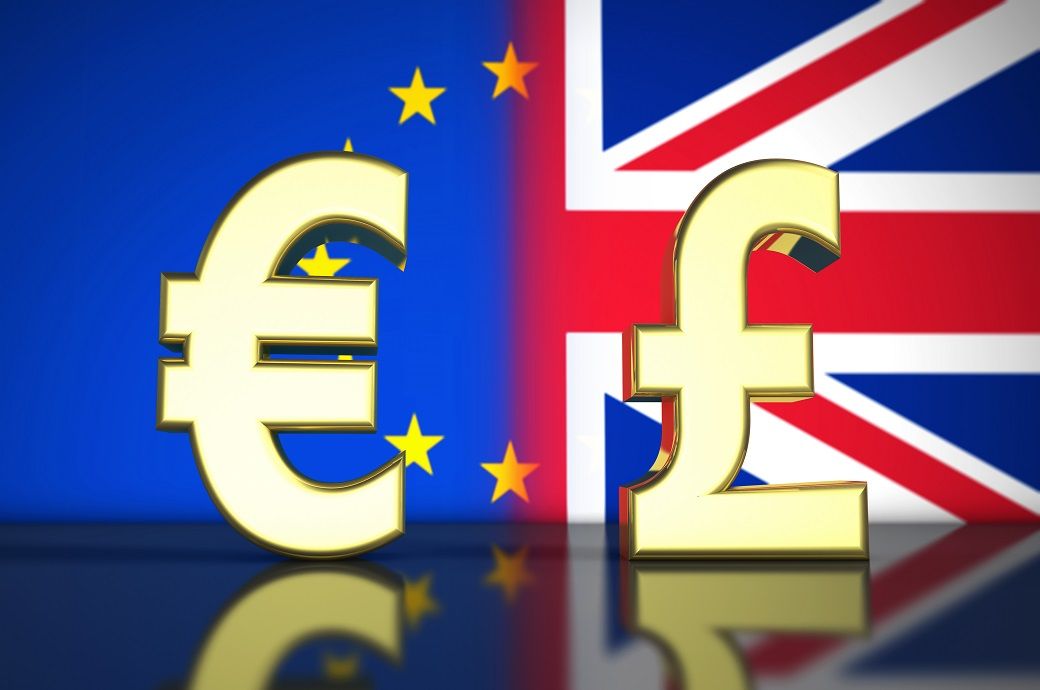
In response, some luxury brands have been forced to establish a supply center in Europe, with investment and jobs away from the United Kingdom.
Beyond the policy scenario, there are many extensive challenges that have hit the region, with consumers losing confidence, while inconsistent enforcement on the border has struggled to struggle to export luxury brands, even after agreements for smooth trade.
According to the UK Trade Body Walpol, with the delay in the UK’s business relations with the European Union, the cost and increase in the cost and paperwork, and present many challenges for tariffs and rules of origin. Special challenges around the price -added tax, returns and shipping of samples are raised as areas where progresses can be made.
Special challenges, returns and shipping of specific challenges around the value -touched tax (VAT) are raised as areas where progresses can be made.
Walpol in his new ‘trading with Europe’ report recommended a series of measures that the UK government may partner with trade in partnership, underlining the ‘Brexit Effect’ on the luxury sector.
These include pursuing further bilateral trade agreements, similar to the first agreed UK-Italy deal in 2023; Arrange an agreement with third-party logistics firms to standardize procedures; € 150 interacting on an increase in VAT threshold; Support the UK businesses to export through the tax system; And striking on a sanitary and phytosanator (SPS) agreement with the European Union.
In these measures, European customers should support a consumer confidence campaign to win back and prevent the proposed growth for paperwork and physical investigation on foods entering the United Kingdom from the European Union.
Walpol Research has found that when accounting for global market conditions, European Union exports are 43 percent less, they were without braxit.
This called the Government of UK to join the Pan-Euro-Mediterenian Convention to support automotive and textile exports; Present a new digital labeling plan to reduce complexity; And bring goods and courier companies together to provide constant approach to business rules.
Fibre2fashion News Desk (DS)








